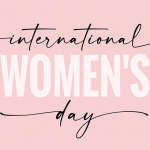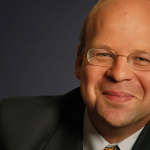Which woman most inspired you in your legal career and why?
When I was growing up in the Caribbean, I was inspired to become a lawyer watching a woman called Celia Clyne Edwards QC in court. She is extremely clever and is still one of the more formidable advocates I have ever seen.
Representation matters and here in the UK, I have been inspired to aim for success and succession (bringing others along) by three amazing black women: Dame Linda Dobbs for her stellar career in criminal law, her achievement as the first black High Court judge in the UK, and her subsequent work in the Caribbean and Africa, Sandie Okoro for her resilience and her commitment to driving social change including latterly at the World Bank and Margaret Casely Hayford for her tenacity, all round excellence and always giving back.
What advice do you now have for aspiring lawyers?
It is tempting to think that success is linear and it is a race to the top. The world has become so much more full of choice, with different sectors and industries, and building a career can take a very long time: there are rarely quick successes. Try to avoid comparing your path to others’ and choose the areas of law and the practice of law that cater best to your personality and the way you like to work. Try not to fixate too much on partnership.
This year’s IWD theme is ‘#BreakTheBias’ on gender inequality, discrimination and stereotypes – how biased is the City commercial legal market these days and what is the biggest change that still needs to happen?
There is still a lot of gender bias in City law firms: men are still overrepresented at the top, they are also promoted more quickly and paid more. Women are frequently often asked to do ‘firm housekeeping’ and are not remunerated for it. Flexible working used to be seen as a panacea that would allow more women to stay in the workplace. But the pandemic has shown us that flexible working can sometimes cause or highlight inequities and, in some instances, may impede progression.
Break the bias is a call to action, particularly for men. The biggest change that still needs to happen is structural. Law firms need to be led by courageous leaders who are willing to address the existing inequities and biases and take active steps to change them.














